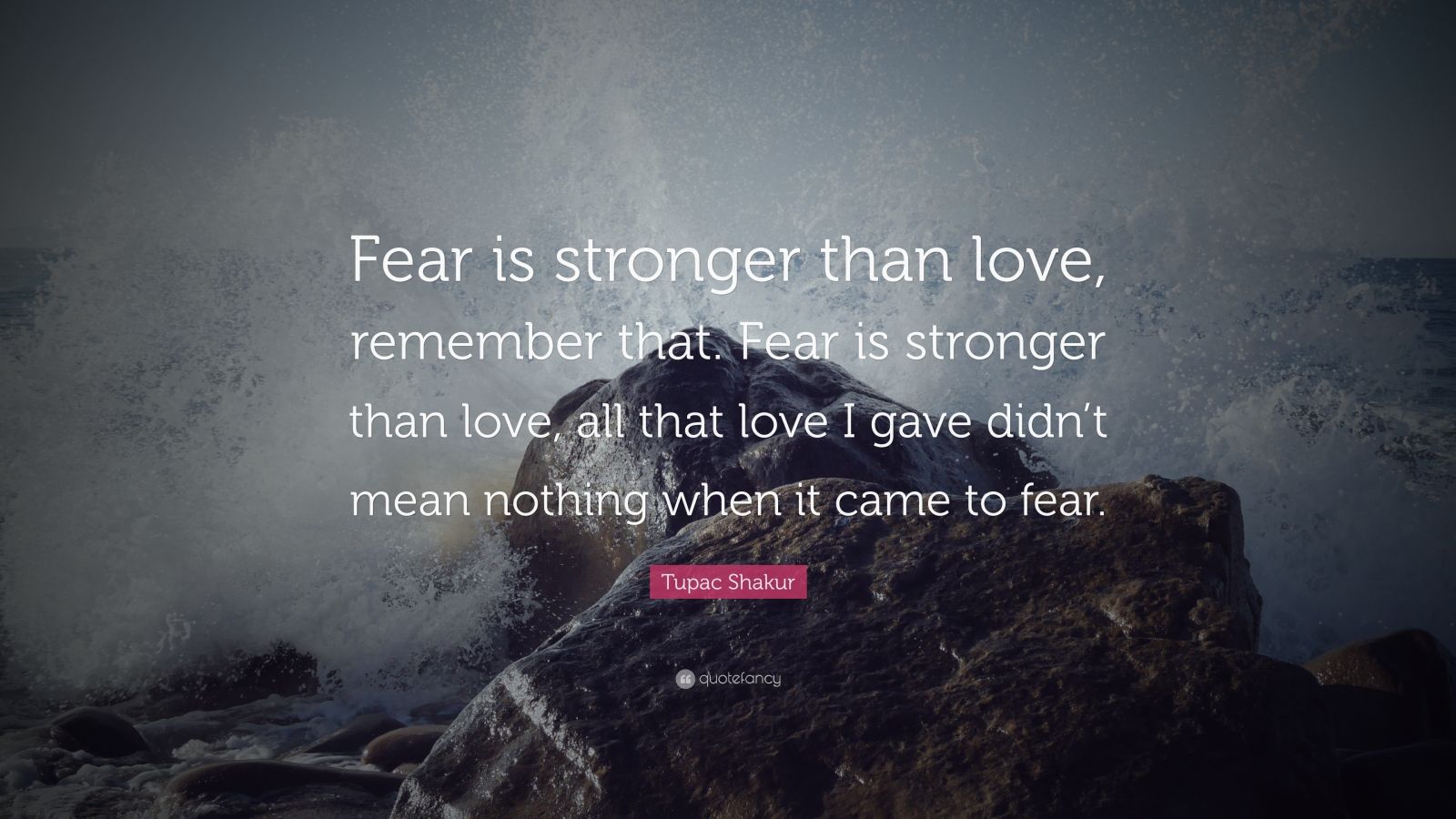Friendship is often heralded as one of life’s paramount treasures, taking on various forms and meanings across different cultures and contexts. The phrase “Friendship is stronger than fear” encapsulates a profound truth about the human experience. It suggests that the bonds we build with others can transcend our deepest anxieties, offering solace, safeguarding our vulnerabilities, and paving the way for personal growth. But what does this oft-quoted adage truly entail? Let us delve into its multifaceted dimensions.
To fully appreciate the essence of this statement, we must first consider the nature of fear. Fear is an innate emotion, designed to protect us from potential dangers. It can be a powerful motivator, propelling individuals to escape threats or to avoid personal risks. Fear can manifest as anxiety, hesitation, and can even lead to a sense of isolation. In contrast, friendship is characterized by connection, trust, and unconditional support. The juxtaposition of these two concepts invites exploration into how friendship can serve as a formidable antidote to fear.
One way in which friendship mitigates fear is through the creation of a safe environment. When individuals join forces with friends, they establish a sanctuary where vulnerabilities can be shared without the looming threat of judgment. This sense of safety cultivates open communication, allowing individuals to express their fears and anxieties. The simple act of vocalizing fears can diminish their power, transforming overwhelming emotions into manageable conversations. Friends become sounding boards, offering perspective and reassurance that can shift one’s perception of a scary situation.
Moreover, friendship fosters bravery. In the presence of a trusted companion, individuals often find the courage to confront their fears head-on. Friends are known to inspire one another to step outside of their comfort zones, be it through encouragement to face social anxiety or to take calculated risks in their careers. The collective strength of friendship provides a buffer against the numbing sensation of fear, allowing individuals to take bold actions they might otherwise avoid. It is the notion that “together, we can conquer anything,” which instills courage in the face of adversity.
Friendship also instills resilience, another critical aspect of defeating fear. When challenges arise, friends remind one another that they are not alone in their struggles. This camaraderie breeds psychological resilience—an essential trait that empowers individuals to withstand hardships without succumbing to fear. The shared experiences of overcoming obstacles lend individuals the confidence that they can navigate future challenges, reinforcing the idea that fear need not dictate their actions or choices.
Additionally, friendships can provide invaluable insights that can radically alter one’s viewpoint on fear. Friends often bring diverse experiences and perspectives, enabling individuals to reassess their fears in the context of shared understanding. What seems insurmountable to one may be a minor hurdle to another. For instance, a person fearing public speaking may find encouragement from a friend who excels in that area, thus reframing the act from an anxiety-laden task to an exciting opportunity. Through open dialogue and shared experiences, friends can illuminate possibilities that were previously obscured by fear’s shadow.
This transformative aspect of friendship also opens the door for vulnerability—a cornerstone in any meaningful relationship. Sharing fears with a friend can be uncomfortable, and yet, it is through this vulnerability that deeper connections are forged. As individuals express their fears, they often discover that their friends harbor similar emotions. This revelation can foster empathy and mutual understanding, creating a bond that can diminish the weight of fear. It challenges the critical narrative that fear can stand alone, illustrating how shared experiences can ultimately unite individuals against their common adversary.
Furthermore, friendships can serve as positive affirmations, countering the negative self-talk that often accompanies fear. Friends play a crucial role in reminding one another of their worth and capabilities. Positive reinforcement from friends can diminish self-doubt, transforming fear from an insurmountable mountain into a series of manageable steps. By celebrating each other’s achievements, friends fuel one another’s aspirations, thus cultivating a space where fear is acknowledged but not amplified.
The implications of “Friendship is stronger than fear” extend beyond the individual level, impacting communities and societies at large. A network of supportive friendships can strengthen the collective ability to confront social and systemic fears, such as discrimination or poverty. When individuals come together in solidarity, their combined voices become a potent force that can challenge and dismantle societal fears and phobias. This collective empowerment reinforces the idea that community ties, strengthened by friendship, are essential for fostering resilience in the face of adversity.
In conclusion, the phrase “Friendship is stronger than fear” holds profound significance in the tapestry of human relationships. It speaks to the power of connection, encouragement, and shared experiences in combatting the weight of fear. By fostering an environment of support and understanding, friendships play a critical role in championing bravery, resilience, and transformation. In a world increasingly fraught with anxiety and uncertainty, the bonds of friendship offer a pivotal shift in perspective, enabling individuals to face their fears with renewed courage and strength. Embracing these connections can lead to a life less dictated by fear, fostering personal growth and deeper understanding of oneself and others in the journey of life.

